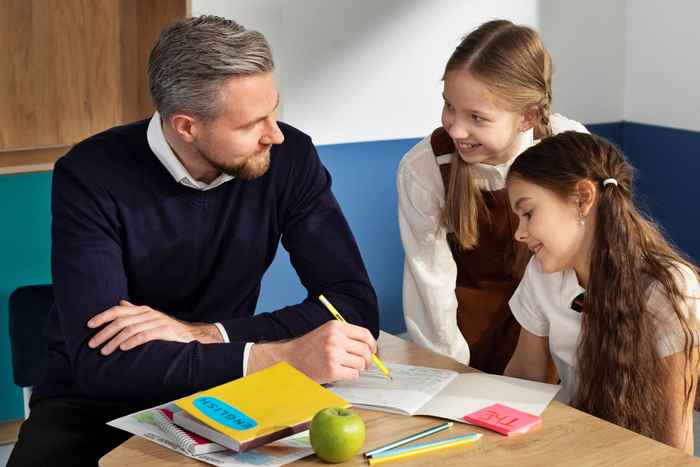New paper: How music teachers’ emotional expressions shape students’ performance:“C’est le ton qui fait la musique”
3 April 2024

Recent research by Gerben van Kleef and colleagues challenges the notion that positive feedback is always superior in educational settings. This study indicates that the effectiveness of positive or negative feedback depends heavily on the student's personality traits. The researchers focused on two key traits: "readiness to process information" (how deeply a student analyzes information) and "kindness" (prioritization of kindness and positive interactions).
Key findings of the study:
- Students who are deeply analytical and less focused on kindness tend to perform better musically after receiving negative feedback. These students are less likely to take positive feedback as an indication that everything is perfect and are more likely to extract valuable insights from negative comments.
- Conversely, students who prioritize kindness and positive interactions thrive on positive feedback. They may perceive negative feedback as threatening, hindering their performance.
The research is based on the Emotions as Social Information Theory, which posits that our emotions convey important information to others and can be contagious. This highlights the impact of teachers' emotional expressions on their students' performance.
Implications for educators:
- There is no one-size-fits-all approach to giving feedback. Educators need to be flexible and tailor their feedback style to the individual student.
- While it's important to create a positive atmosphere, negative feedback can be valuable for certain students. The key is to ensure that negative feedback is delivered in a way that feels constructive and appropriate, not threatening.
This study reminds us that the best way to motivate and improve student performance requires understanding the nuances of individual personalities and responses to feedback.